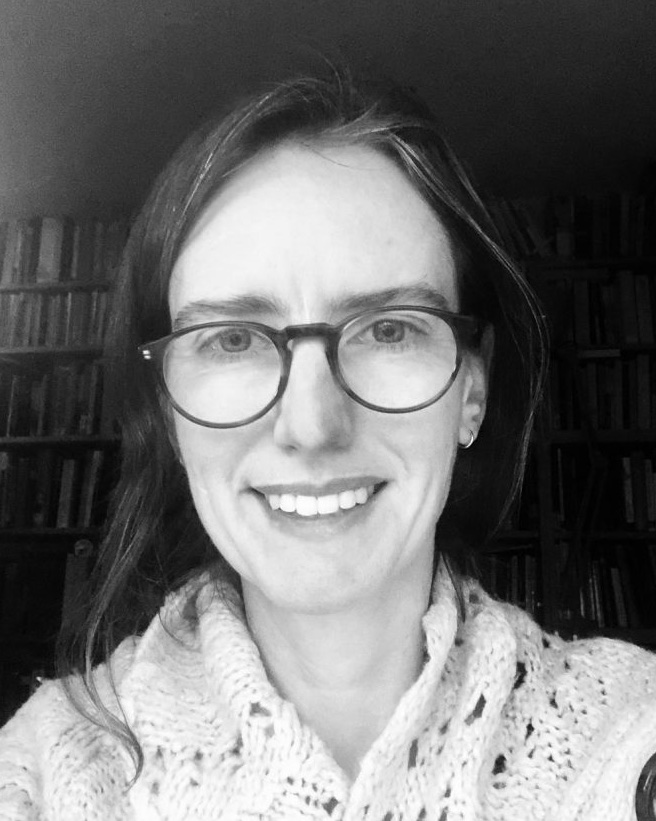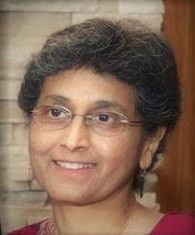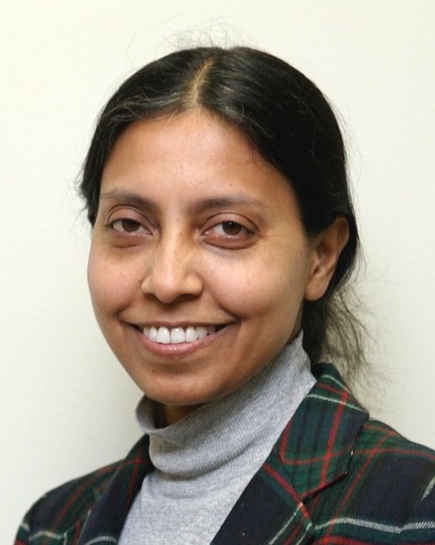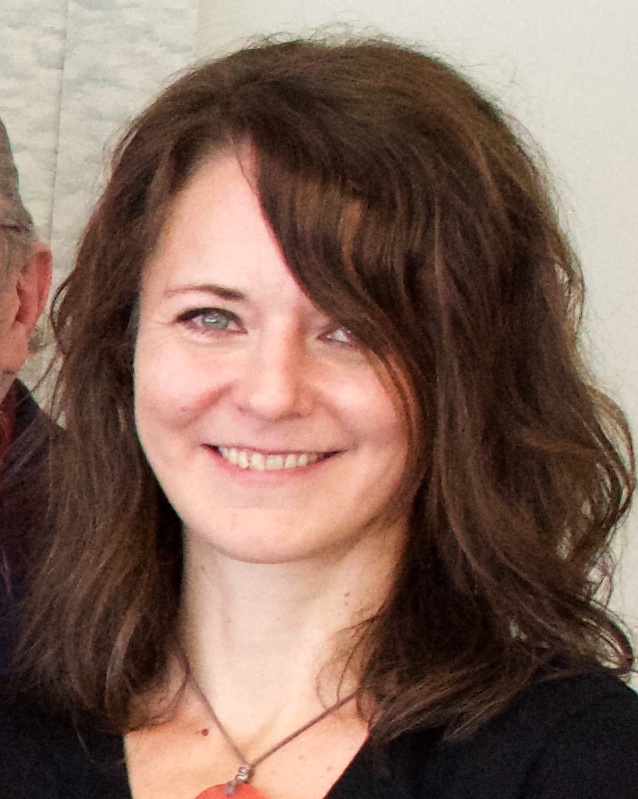December 17, 2020
Borough of Manhattan Community College (BMCC/CUNY) and the CUNY Research Foundation have been awarded $150,000 by the National Endowment for the Humanities (NEH) as part of $32.8 million in grant awards supporting 213 humanities projects in 44 states.

The BMCC award will fund a three-year project, “Voices and Experiences of Poverty: A New Interdisciplinary Humanities Curriculum,” to create interdisciplinary course modules and curricular materials examining poverty.
The project co-directors are Social Sciences, Human Services and Criminal Justice Professors Christine Farias (Economics), Cara O’Connor (Philosophy) and Jamie Warren (History), as well as Social Sciences, Human Services and Criminal Justice Chairperson Sangeeta Bishop (Economics) and Business Management Chairperson Mahatapa Palit.
Team will anchor conversations about poverty across many subjects
According to a statement by the project team, more than half of CUNY community college students belong to a family earning less than $20,000 a year, “but it would be a mistake to think we have identified poverty because we are at a certain number,” they say. “It is, as some have argued, about all dimensions of social life.”

The team aims to explore those dimensions as they study together and create curricular changes “that make conversations about poverty integral and critically anchored to the subjects our students are studying.”
This work, in their view, benefits every discipline and professional program, as it conceptualizes and responds to issues faced by people lacking basic resources.
“Poverty and inequality are human rights problems,” says Social Sciences, Human Services and Criminal Justice Chairperson Sangeeta Bishop.
She references the Nobel prize-winning economist Amartya Sen, “who argues that poverty is understood best from a broadly humanist perspective. Using the economic and philosophical theoretical foundations of the human development paradigm can help us develop a clearer understanding of poverty which will hopefully prove informative for poverty reduction.”

Outcomes will include a faculty institute, a digital project and more
Among other outcomes, the project will produce a Poverty and Humanities Institute open to 20 full- and part-time CUNY community college faculty joined by the project team and over a dozen guest speakers. Applications will be available in Spring 2021.
A series of Voicing Poverty events at the BMCC campus will also be generated by the project.
These will include a series of Poverty, Humanities and Pedagogy Brownbags starting in Fall 2021; a student-and-teacher tour of the Museum of the City of New York, tentatively planned for Spring 2022; a Mapping Poverty digital narrative project to be developed in 2022; a Students Giving Voice to Poverty half-day event in Spring 2023, and a one-day Crossroads of Poverty Symposium set for Fall 2023.

In addition to these activities, the project team will create a Poverty, Humanities and Teaching website, which will house both a digital database and the student-centered digital humanities project, Mapping Poverty.
The site will serve as an ongoing resource for Institute fellows and their students as it provides syllabi and course modules, a video archive of Institute activities and Voicing Poverty events, and link to open-source materials.
Team expects to teach at least 100 and as many as 400 enhanced courses
“We have designed this project to be as dynamic as possible,” says Social Sciences, Human Services and Criminal Justice Professor Cara O’Connor. “We have to learn how to incorporate hard conversations about poverty into our teaching and learning and to do so with sensitivity to a diversity of experiences.”
The project, she says, “will inspire our students, fortify them and create important critical connections across disciplines.”
As for the impact on pedagogy, “All of us, whether in history, economics, business or philosophy, will benefit from a chance to subtly — or dramatically — rethink aspects of our teaching,” O’Connor says.

In this way, she says, “We can put the serious problems of poverty into focus as human, philosophical, political and pocketbook problems that require creativity and intellectual energy from all of us.”
Social Sciences, Human Services and Criminal Justice Professor Christine Farias reports that during the grant period, the team expects to teach at least 100 and as many as 400 enhanced courses, reaching 3,000 to 12,000 students over the next three years, and thousands more in future semesters.
For example, she says, a visit to the Museum of the City of New York will involve students in “poverty-humanities-enhanced classes,” inviting their participation and showcasing their stories and voices.
“We also want this work to excite and inform research, scholarship and new course development among participating faculty,” she says.
STORY HIGHLIGHTS
- National Endowment for the Humanities (NEH) awards $150,000 to fund a three-year project, “Voices and Experiences of Poverty: A New Interdisciplinary Humanities Curriculum.”
- Project co-directors are (Social Sciences, Human Services and Criminal Justice) Chairperson Sangeeta Bishop and Professors Christine Farias, Cara O’Connor and Jamie Warren, and (Business Management) Chairperson Mahatapa Palit
- Among other outcomes, the project will produce a Poverty and Humanities Institute, a series of Voicing Poverty events at the BMCC campus, a resource website and more

